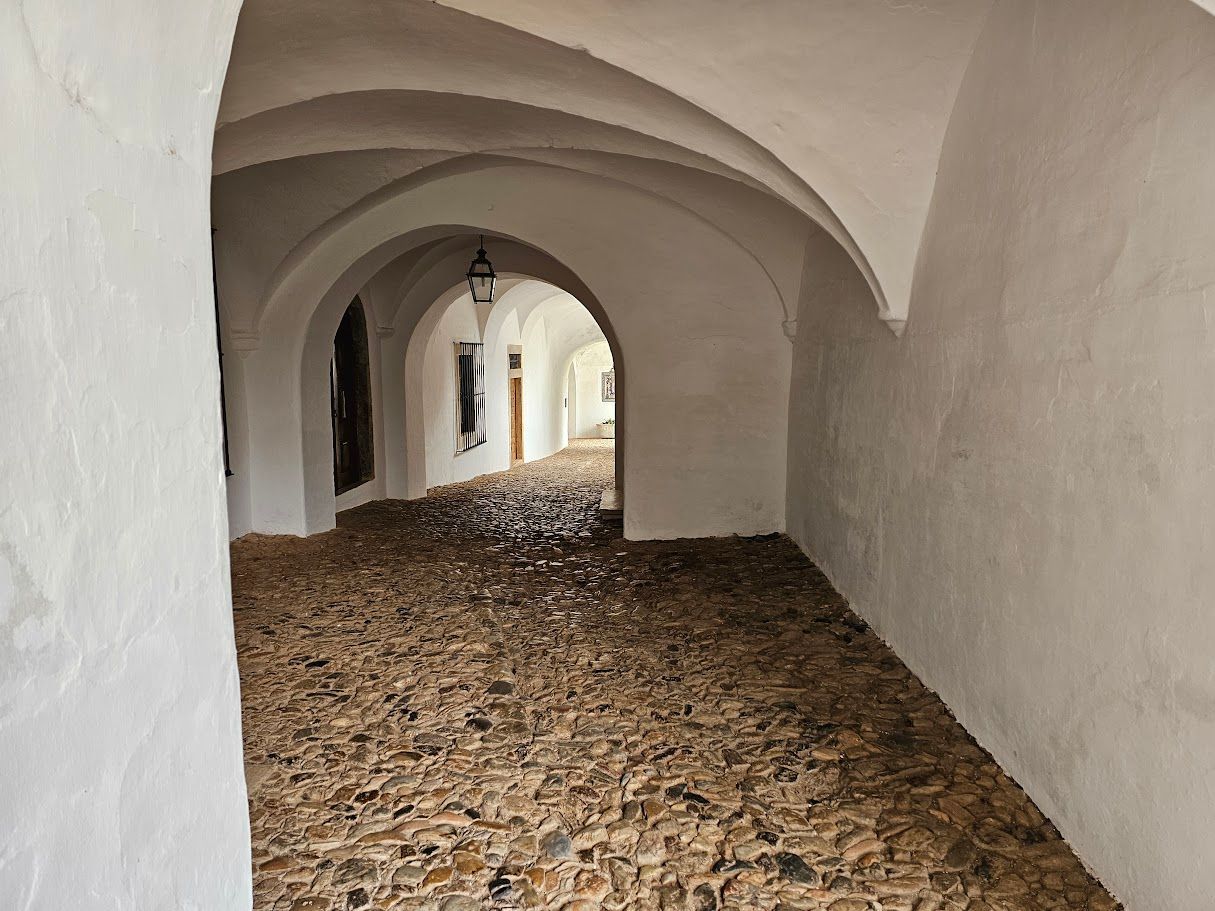Entre em Contato
555-555-5555
meuemail@email.com.br
The Portuguese Housing Market
Opportunities and Challenges

Portugal has long been attracting international investors and immigrants. What started as a favourite destination for retired Europeans and Americans has now evolved into a hotspot for real estate investors worldwide. Brazilians are also increasingly discovering Portugal, which comes as no surprise. The shared language, historical ties, and attractive residency programmes make the country even more appealing. But what makes the Portuguese housing market so unique? And what opportunities still exist for investors from Europe and Brazil?
Why Portugal is So Attractive
Portugal’s appeal is easy to understand. The country enjoys political stability, a relatively favourable tax climate, and a wonderful Mediterranean climate. Additionally, Portugal offers investors interesting residency programmes, such as the Golden Visa. Although the rules have been tightened recently, it remains an important incentive.
The demand for housing remains high, both for buying and renting. This is partly due to the growing expat community, digital nomads, and Europeans looking for a second home. Lisbon and Porto remain popular, but the Algarve and Alentejo are also gaining traction. In the capital, prices have already exceeded €5,000 per square metre, whereas in Alentejo, properties can often be found for less than half that price. For those looking for space and tranquillity, this is an interesting option.
Why Portugal Appeals to the Dutch and other Europeans
For the Dutch, Portugal is an attractive place to settle permanently for several reasons. The climate is one of the biggest advantages: mild winters, long summers, and plenty of sunshine make it a pleasant place to live. Additionally, the cost of living is generally lower than in the Netherlands, especially outside the major cities.
Tax benefits also play a role. The Non-Habitual Resident (NHR) programme has long offered favourable tax rates for newcomers. While the Portuguese government has adjusted this scheme, Portugal remains fiscally attractive for many Dutch and Belgian nationals, especially compared to the high tax burdens in the Netherlands and Belgium. Portugal, for example, does not impose wealth tax, inheritance tax, or gift tax for direct family members.
Moreover, the lifestyle in Portugal is relaxed. There is a stronger focus on family, outdoor living, and a better work-life balance. For many Dutch people looking to escape the busyness and stress of daily life in the Netherlands, Portugal is a logical choice. The healthcare system is also of high quality, with many private clinics accessible to expats.
It is no surprise that the number of Dutch people moving to Portugal is growing. In 2023, there were officially 13,592 Dutch nationals living in the country, and this number continues to rise. Particularly in the Algarve, around Lisbon, and in the green northern regions, Dutch communities are becoming increasingly visible.
Brazilian Investors
For Brazilians, Portugal offers an additional advantage: the cultural and linguistic barriers are minimal. They also benefit from the CPLP agreement (Community of Portuguese-Speaking Countries), which makes obtaining a residence permit easier. This opens the door to various investment opportunities, such as long-term rentals, short-term rentals via Airbnb, or even tourism-related projects.
It is no coincidence that Brazilians form the largest migrant group in Portugal. In 2023, there were 368,449 registered Brazilians, far surpassing other foreign communities, such as the British (47,409), Germans (22,858), and Dutch (13,592). This diversity highlights how international the Portuguese housing market is and the many opportunities available for investors with a global outlook.
Opportunities and Risks
However, the Portuguese real estate market is not an unlimited goldmine. The rapid growth of recent years has led to stricter regulations. In some areas, short-term rentals are being restricted, and the government is attempting to curb foreign speculation to keep housing prices somewhat affordable for locals. Additionally, Portugal remains sensitive to economic fluctuations. A rise in interest rates or a slowdown in the European economy could put pressure on property prices.
For European investors, the best opportunities currently lie in emerging regions outside the major cities. Alentejo, with its vast landscapes and growing wine industry, is an interesting option. The northern regions, such as Minho and Douro, are also gaining popularity. Property prices there are still relatively low, offering great potential for value appreciation.
Living or Investing in Portugal
Anyone looking to invest now should carefully consider their strategy. The market has grown rapidly in recent years, but demand remains strong. The smartest investors look beyond the well-known hotspots and focus on emerging areas. Projects with social value—such as sustainable housing or initiatives that contribute to local development—are increasingly supported by both governments and financial institutions.
Accompanied collaborates in Portugal with Royal Estates Group, a renowned player in the luxury real estate sector. Together, we assist investors and newcomers in identifying the right opportunities and navigating the local market. For more information, visit: Royal Estates Portugal.
Portugal remains a land full of opportunities, but success requires a well-thought-out approach. Whether you are an investor seeking returns or planning to relocate to Portugal, the key lies in thorough research, local partnerships, and a long-term vision. While the housing market continues to evolve, Portugal's appeal is unlikely to fade. The question is not whether there are opportunities, but how to make the most of them.

Accompanied
All rights reserved | Accompanied